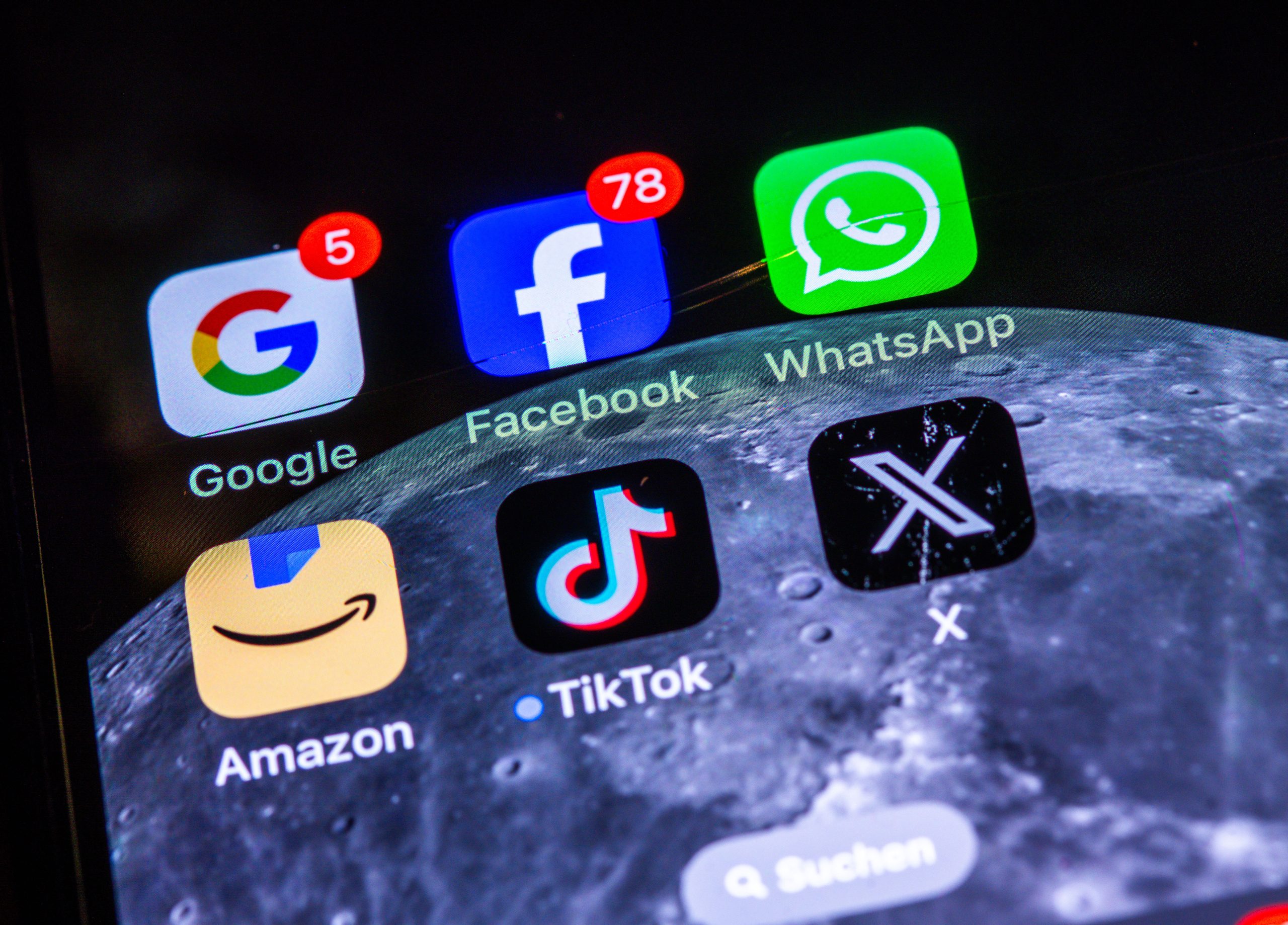The internet, once hailed as a democratizing force, is increasingly plagued by a phenomenon known as “enshittification.” This catchy term, coined by journalist and author Cory Doctorow, describes the insidious process by which online platforms, initially beloved for their user-friendliness and value, gradually degrade in quality to benefit their owners at the expense of users and creators. From social media giants to everyday apps, the “enshittification” cycle is becoming alarmingly commonplace.
The Three-Stage Decay: A Platform’s Downfall
Doctorow, in his new book “Enshittification: Why Everything Suddenly Got Worse and What to Do About It,” breaks down this decline into a predictable three-stage process. First, platforms attract users and content creators with enticing incentives, fostering a vibrant ecosystem. Think early Facebook, offering a seemingly boundless social network, or Uber, promising convenient and affordable transportation.
Next, the platform leverages its newfound dominance to extract value from its users and creators. This could involve increasing fees, reducing payouts, or prioritizing advertising over organic content. Remember when Instagram shifted its focus to reels and pushed away from photo sharing? Or how Amazon prioritized sponsored results over organic search?
Finally, the platform turns on its users. That looks like blocking ad blockers, making it difficult to delete your account, and other practices that make you feel trapped.
Policy Choices and Tech Feudalism
The rise of “enshittification” isn’t a natural occurrence; it’s a consequence of deliberate policy choices that have fostered a climate of unchecked corporate power. Doctorow argues that lax antitrust enforcement, weak data privacy regulations, and the erosion of net neutrality have all contributed to this state of “tech feudalism,” where a handful of powerful companies control vast swaths of the digital landscape. The lack of real competition allows these platforms to prioritize profits over user experience, knowing that users have few viable alternatives.
Reversing the Course: A Path to a Humane Internet
Combating “enshittification” requires a multi-pronged approach. Stronger antitrust laws are needed to break up monopolies and promote competition. Robust data privacy regulations are essential to protect users from exploitation. And the reinstatement of net neutrality principles is crucial to ensure a level playing field for all online content providers. Furthermore, fostering alternative, decentralized platforms that prioritize user ownership and control could offer a more sustainable and equitable future for the internet. By addressing the systemic issues that enable “enshittification,” we can work towards a digital world that is both innovative and humane.
In conclusion, “enshittification” is a critical issue that demands our attention. By understanding the mechanics of this decline and advocating for policy changes, we can reclaim the internet and ensure that it serves the interests of all, not just the privileged few. The future of the digital world depends on our willingness to challenge the status quo and demand a more equitable and user-centric approach to technology.
Based on materials: Vox





